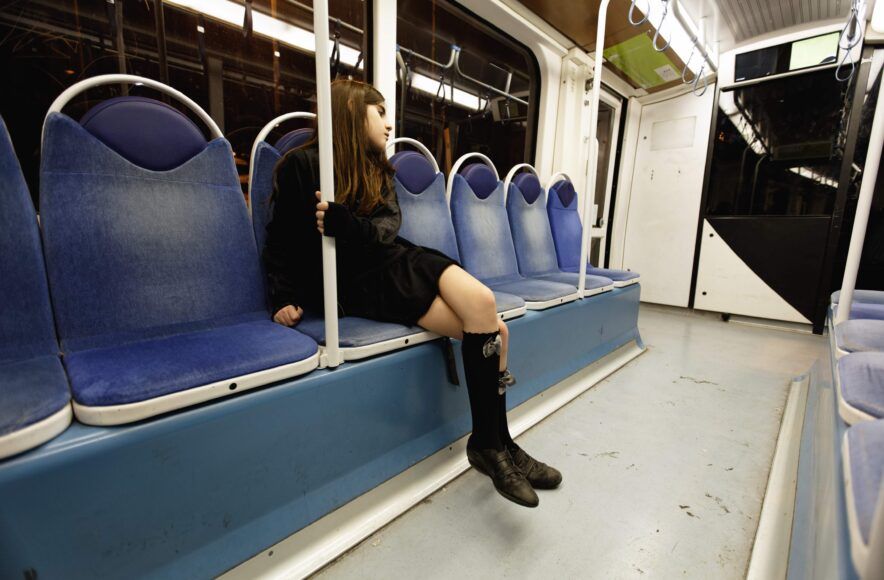Fall in hate crime reports should not be mistaken for progress

This week the BBC published an article written by Alex Taylor, a wheelchair user who experienced a hate crime incident when using public transport in London. The incident was part of a TikTok trend called ‘tongue out’, and involved several people, including one filming the incident, singling out Alex and then fleeing the scene laughing at him.
I provided comment for the article highlighting how ‘hate filming’ is a growing and deeply distressing trend for disabled people. Being mocked or secretly filmed strips people of dignity and reinforces the message that public spaces aren’t safe or welcoming. Often, these incidents sit alongside more overt forms of disability-hate crimes and share same underlying problem of hostility and exclusion.
Less than 2 days since this article was published, we have seen more hateful behaviour taking place online. Following coverage in The York Press of a visit by the MP for York Central, Rachael Maskell, to our Creative Centre in York, there have been multiple hateful comments on social media taking aim at the people we support. This includes direct insults of their physical appearance, attacks on their motivation to want to get involved in politics, and ridiculing of their chance to have a say in how their local community and their country is led.
We have reported the comments seen online and these have been removed and the commenters blocked from future hate-fuelled activity.
This comes after newly published statistics from the Home Office reported a drop in Disability Hate Crime. However, the fall in hate crime reports should not be mistaken for progress, or a reduction in hostility.
What we know
We are told by disabled people across the country how they have lack of confidence in reporting both to social media platforms and to the police. And, this shouldn’t come as a surprise when just 279 disability hate crimes were prosecuted and only 214 ended in convictions, a fall in prosecutions from previous years.
Whilst social media platforms have a duty to act quickly when it comes to hateful comments online, we know that often content which ridicules or intimidates disabled people is not removed nor are users routinely sanctioned. We want to see strengthened moderation, particularly around “viral challenge” culture and better systems for victims or their advocates to flag harmful content.
Our recent Journey to Safety research found that over three-quarters of disabled people have faced abuse or hostility, most of it goes unreported. We also found that almost 70% of victims said others witnessed the disability hate incident, yet very few intervened. We want to see strong bystander intervention, from both the public and transport staff. Silence and inaction send the message that hostility is tolerated.
We believe it is everyone’s duty to help end this behaviour, and encourage all who encounter hate crime, whether online or in public, to speak out and send the message that our society is one where incidents of this nature cannot be allowed to occur.
You can find out more about our Journey to Safety project and sign our charter to show your support by clicking this link: Journey to safety: our user-led research project – United Response